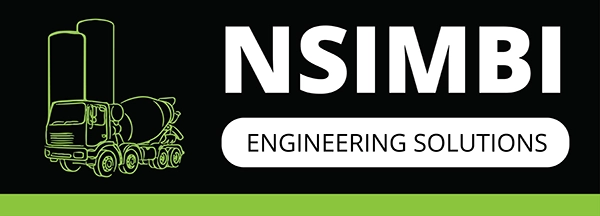Introduction
Concrete mixer trucks are essential for transporting and delivering ready-mix concrete in construction projects. Their design and functionality can significantly impact efficiency, safety, and project timelines. This Concrete Mixer Truck Guide explores the types of mixer trucks, key features, operational considerations, and maintenance practices to help buyers make informed decisions.
Since mixer trucks vary in design, capacity, and functionality, understanding their differences ensures that buyers select equipment suited to their specific needs. This article provides an objective overview without endorsing any particular manufacturer or model.
Types of Concrete Mixer Trucks
1. Rear-Discharge Mixer Trucks
The most common type, rear-discharge mixers, feature a rotating drum mounted on a truck chassis. Concrete is loaded at a batching plant and mixed during transit.
Key Characteristics:
- Discharge occurs at the rear via a chute system
- Standard in most construction projects
- Available in various drum capacities
- Typically powered by hydraulic systems
Common Applications:
- Road construction
- Commercial buildings
- Residential projects
2. Front-Discharge Mixer Trucks
These trucks discharge concrete from the front, offering improved driver visibility and maneuverability in tight spaces.
Key Characteristics:
- Operator controls discharge from the cab
- May reduce spillage in congested sites
- Often preferred for urban construction
Common Applications:
- City infrastructure projects
- High-rise buildings with limited space
3. Volumetric Mixer Trucks
Unlike conventional mixers, volumetric trucks mix concrete on-site, allowing for precise adjustments to the mix.
Key Characteristics:
- Materials are stored separately and mixed upon arrival
- Reduces waste by allowing small-batch production
- Useful for remote sites or projects with varying mix requirements
Common Applications:
- Rural construction
- Custom concrete formulations
Key Features to Consider
1. Drum Capacity and Design
- Capacity: Typically ranges from 6m³ to 12m³, depending on project needs.
- Drum Rotation Speed: Standard mixing speed is between 12-18 RPM.
- Material: High-strength steel is commonly used for durability.
2. Chassis and Engine Options
- New vs. Remanufactured Chassis: Buyers may choose between brand-new or refurbished truck bases.
- Fuel Efficiency: Some models may offer different engine configurations.
3. Hydraulic Systems
- Open vs. Closed Systems: Affect performance and maintenance needs.
- Pump and Motor Quality: Influence mixing efficiency.
4. Safety Features
- Emergency Stop Mechanisms
- Stability Controls (especially for uneven terrain)
- Visibility Enhancements (rear cameras, blind-spot monitoring)
Factors Influencing Performance
1. Climate and Terrain
- Hot Weather: May require additional cooling systems.
- Rough Terrain: Reinforced suspensions and durable tires may be beneficial.
2. Local Regulations
- Weight restrictions
- Emissions standards
- Road safety compliance
3. Maintenance and Support
- Availability of spare parts
- Service network coverage
- Training for operators
Maintenance Best Practices
Proper maintenance extends the lifespan of mixer trucks. Common practices include:
1. Routine Inspections
- Check drum blades for wear
- Inspect hydraulic hoses for leaks
- Monitor bearing conditions
2. Cleaning Procedures
- Regular drum washing to prevent concrete buildup
- Lubrication of moving parts
3. Long-Term Care
- Scheduled servicing of engine and hydraulics
- Drum refurbishment after extended use
Key Takeaways from our Concrete Mixer Truck Guide
In this comprehensive guide, we’ve covered the essential features and settings to help you make an informed choice when you are deciding what truck to purchase. When buying a truck, making the decision on what type of cement truck would suit your needs but many other points to concider.

